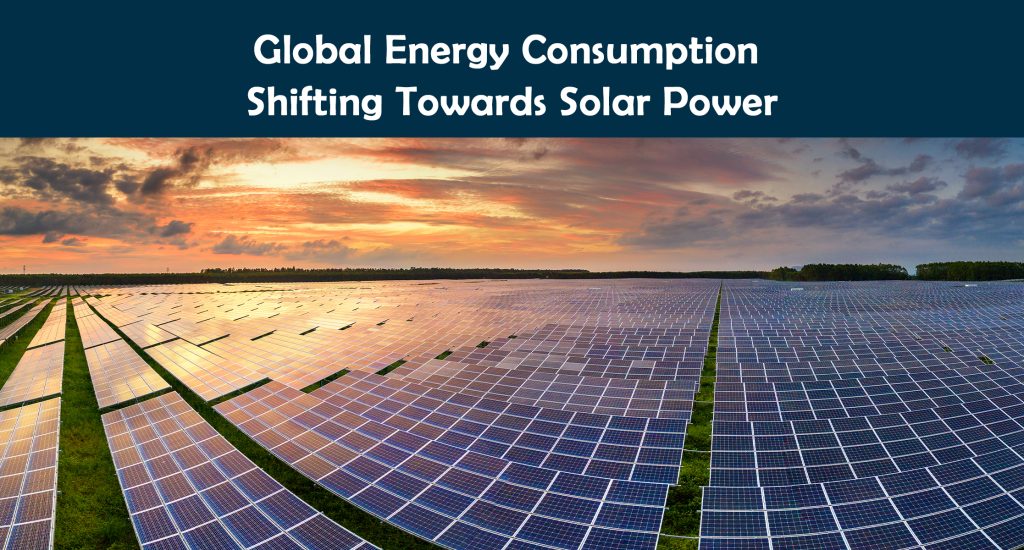
Years of government support have propelled solar power towards self-sufficiency. Climatologist Femke Nijsse anticipates solar photovoltaic (PV) becoming the primary global energy source by mid-century, even without extra incentives. Solar has been gaining momentum; it became the cheapest energy source in over 60 countries in 2016 and the world’s most economical electricity source by 2020. If cost reduction continues at the current pace, solar could surpass other energy sources within a couple of decades. Predictive models indicate fossil fuels’ share of electricity generation will drop from 62% in 2020 to 21% in 2050, with solar accounting for 56%. This shift may necessitate policy and financial adjustments to adapt to swift, disruptive transitionAchieving zero-carbon power systems will require distinct policies from traditional energy modeling. The carbon price required to achieve cost parity between renewables and fossil fuels may soon be zero, emphasizing the need to address the outlined barriers to achieve net-zero energy emissions.

